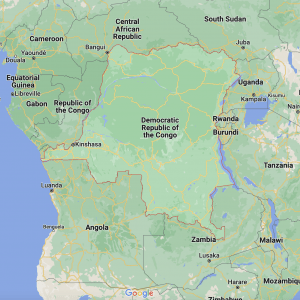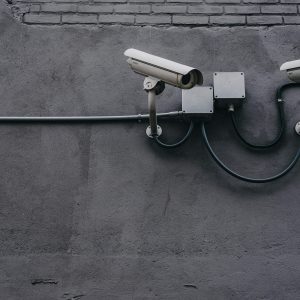Africa confronts new challenges as seas turn into zones of conflict
Experts warn of increasing militarization and exploitation of African waters amid rising global competition
ACCRA, Ghana (MNTV) – African nations are sounding the alarm over the growing militarization and strategic exploitation of the continent’s surrounding seas, warning that oceans are being weaponized in a new phase of imperial competition.
At recent regional summits and academic conferences, experts highlighted how African maritime spaces — once seen primarily as sources of trade and sustenance — are now being transformed into contested zones of global power struggle.
The Gulf of Guinea, the Red Sea, and the Indian Ocean coastlines are witnessing a surge in foreign naval deployments, offshore military bases, and intelligence operations.
Analysts argue that this “oceanic scramble” mirrors the colonial era’s territorial land grabs, but now targets maritime resources, trade routes, and strategic chokepoints.
“Our seas have become battlefields without declaration of war,” said Kwame Mensah, professor in the University of Ghana.
“Africa must not repeat the mistakes of history by allowing external powers to divide and exploit our waters.”
According to the African Union’s Blue Economy Strategy, Africa controls vast ocean territories, home to critical resources such as oil, gas, fisheries, and rare minerals. However, foreign fleets increasingly dominate fishing zones, often depleting stocks and undermining local livelihoods.
Security experts also warn that piracy, illegal fishing, and drug trafficking are being used as justifications by external powers to establish a permanent military presence under the guise of “security assistance.”
France, China, the United States, and even smaller players like Turkey and the United Arab Emirates have expanded their naval footprints across key African maritime zones.
Some have set up dual-use ports that serve commercial and military purposes, raising concerns about sovereignty.
“The weaponization of the sea is part of a larger strategy of control,” said maritime analyst Amina Doumbia. “It is about who gets to decide the future of trade, energy, and security.”
Beyond geopolitics, there are environmental concerns. Oil exploration, deep-sea mining, and overfishing threaten fragile marine ecosystems vital to millions of Africans who depend on the sea for food and income.
Activists are pushing for a Pan-African Maritime Treaty to safeguard African interests and regulate foreign military and economic activities in African waters.
They argue that without collective action, African nations risk losing control over an increasingly critical frontier.
“The ocean must be a space of life, not a theatre of imperial games,” said Doumbia.
Efforts are underway to strengthen regional naval cooperation, such as joint patrols in the Gulf of Guinea. However, financial constraints and political fragmentation continue to hamper a unified African maritime policy.
As the struggle overseas intensifies, experts warn that Africa must urgently prioritize maritime security, environmental protection, and economic sovereignty.
“The new empire comes by sea,” said Professor Mensah. “We must be ready.”










